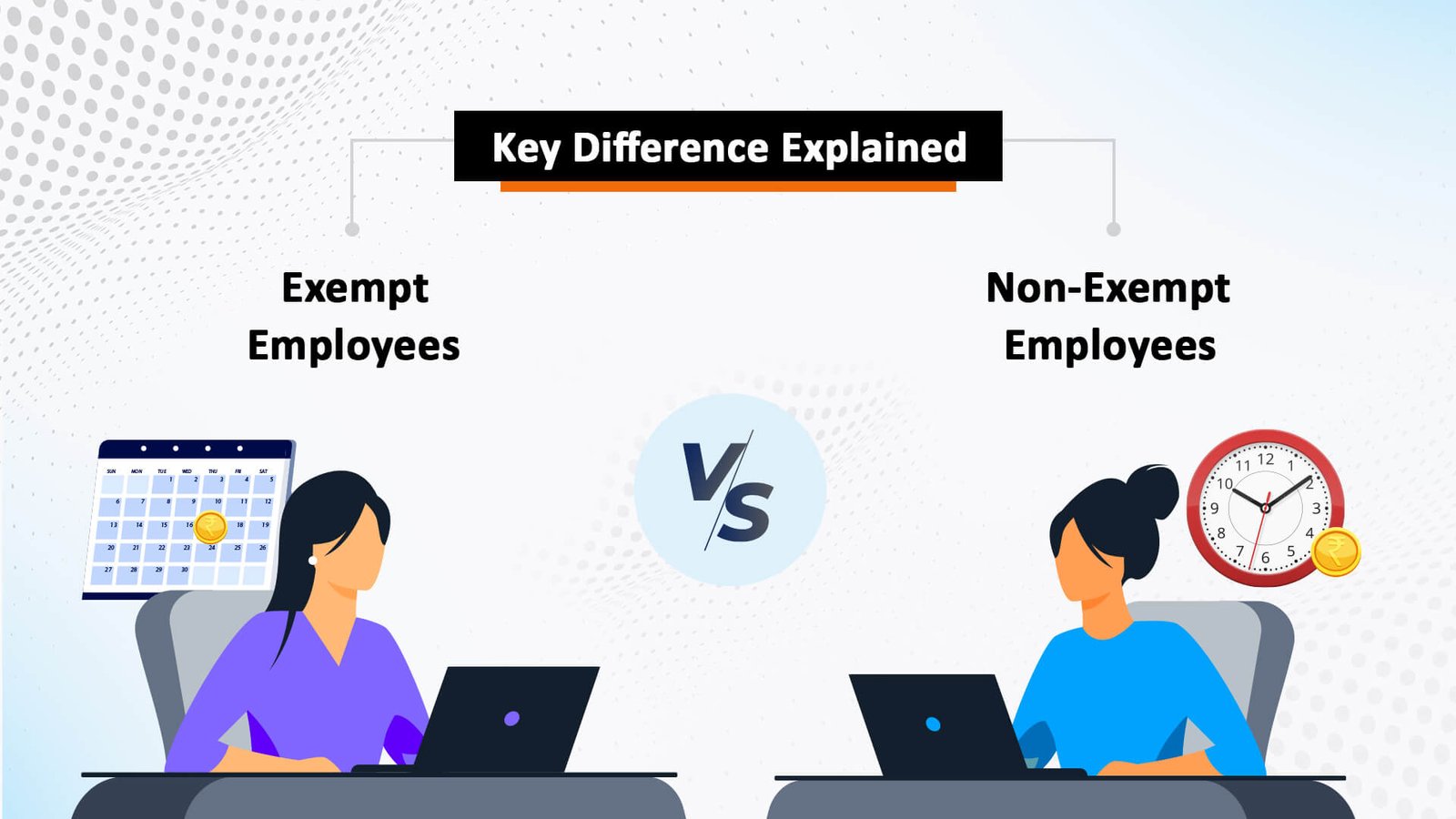Rhode Island Labor Laws are made to protect employees and stay compliant, and not face expensive fines. Rhode Island has its own set of standards relating to areas like minimum wage, overtime compensation, child labor, workplace safety, and leave laws.
What distinguishes Rhode Island is the fact that several of its labor laws in Rhode Island fashioned to offer greater protections to workers beyond federal requirements. The state’s minimum wage, for instance, is higher than the federal level, and there are more explicit provisions on meal breaks, sick time, and worker classification.
Standard Working Hours
Rhode Island Labor Law dictates the pay an employee is entitled to for the hours they work at the workplace, promoting fairness and adherence to state and federal standards.
These requirements address issues like minimum pay, overtime, meal periods, and pay schedules. By establishing definite standards, they protect workers from underpayment while giving employers guidelines to abide by.
Minimum Wages
As of January 1, 2025, the minimum wage in Rhode Island is $15 an hour. This is above the federal minimum wage and indicates the state’s effort to provide fair wages to its workers.
Employers need to examine these provisions with care in order to prevent wage infractions.
Overtime Laws
In Rhode Island, employees must receive 1.5 times their regular pay for any hours worked over 40 in a workweek. Certain employees, however, are not eligible for overtime pay.
Tipped Minimum Wages
In Rhode Island, an employer can pay an employee who receives tips a tipped minimum wage of $11.11 an hour.
The employee customarily receives over $30 in tips per month. Rhode Island Labor Law does not permit employers to retain any part of an employee’s tips, but they may withhold a portion to pay for the processing charge of credit cards.
Meal and Rest Breaks
In Rhode Island, the majority of employees are guaranteed unpaid meal breaks:
- 20 minutes for shifts 6 hours or longer.
- 30 minutes for shifts 8 hours or longer.
There are some exceptions in labor laws in Rhode Island, such as specific licensed health care facilities and employers with fewer than 3 workers.
Leave Laws
Leaves of absence provide workers with job security while away from work. Leaves of absence provide job protection to employees when they require time off work.
Though federal legislation, such as the Family and Medical Leave Act (FMLA), provides minimum protections, Rhode Island also provides a Rhode Island holiday pay law, which also provides some level of support for workers.
| Leave Type | Eligibility / Coverage | Key Details |
| FMLA Leave | Workers of employers who have 50 or more employees, have worked for at least 12 months, and have worked 1,250 hours in the previous year |
|
| Paid Safe Leave | Rhode Island employees | Enables workers to use time off to respond to incidents of domestic violence or sexual assault |
| Temporary Caregiver Insurance (TCI) | Eligible Rhode Island workers | Provides wage replacement for up to seven weeks annually to care for a sick family member, including a spouse, child, parent, partner, or grandparent |
| Pregnancy Disability Leave (RIPFMLA) | Employees of employers with 50 or more workers | Up to 13 continuous weeks of unpaid leave during two years for childbirth or adoption of a child 16 years or younger; may be used for complicated pregnancies with physician documentation |
| Paid Safe and Sick Leave | Employers with 18 or more workers | Workers earn one hour of paid leave per 35 hours worked, up to 40 hours annually, for themselves or family members; employers with fewer than 18 workers must offer leave, but it can be unpaid |
Workplace And Safety
Rhode Island regulates workplace safety by the Federal Occupational Safety and Health Act (OSHA), which is enforced locally by the Rhode Island Department of Labor and Training.
Employer Responsibilities:
Ensure a safe workplace that is free from hazards that have the potential to injure or cause illness.
- Ensure proper employee safety training.
- Notify OSHA RI of workplace injuries and illnesses within 8 hours, and serious injuries or hospitalizations in 24 hours.
- Maintain detailed records of job-related injuries and illnesses.
- Post OSHA notices as needed.
- Fully cooperate with OSHA inspections.
Compliance with these regulations ensures employee health and safety while keeping employers in compliance with Rhode Island Labor Laws.
Child Labor Laws
In Rhode Island, the age of 14 is usually the minimum required age for work, with some exceptions. Workers under 18 years are banned from working in dangerous occupations.
| Age Group | Permitted Work | Prohibited Work | Allowed Work Hours | Maximum Hours | Additional Notes |
| Under 14 | Casual babysitting and newspaper delivery | N/A | Must take place outside of school hours | N/A | N/A |
| 14–15 | N/A | Factories, mechanical, and manufacturing plants (except if enrolled in an industrial pre-apprenticeship or internship program) | School days: 6:00 AM to 7:00 PM (cannot work during school hours)June 1 through Labor Day: 6:00 AM to 9:00 PM | School days: 3 hours/daySchool weeks: 18 hours/weekNon-school days: 8 hours/dayNon-school weeks: 40 hours/week | N/A |
| 16–17 | All occupations except those deemed hazardous | Hazardous occupations | School days: 6:00 AM to 11:30 PMIf not in school the following day: 6:00 AM to 1:30 AM | 9 hours/day (or 9.6 hours if working 5 days a week)48 hours/week | Must have a minimum of 8 hours of rest between shifts |
These provisions ensure that children are able to acquire work experience while having their education, safety, and welfare given top priority.
Taxes In Rhode Island
Rhode Island’s tax structure comprises a combination of individual, corporate, sales, and property taxes. Rhode Island has a graduated tax structure with rates from 3.75% to 5.99%, based on income.
In general, Rhode Island’s tax system is moderate relative to other states, with a mix of income, corporate, sales, and property taxes that finance state services and programs.
Don’t struggle with the payroll errors- generate the accurate paystub!
Several employees and business owners struggle with keeping earnings, deductions, and taxes up to date. Without the proper documentation of pay, verifying income for loans, rentals, or government assistance becomes challenging, and errors can result in labor compliance issues with the law. Preparing pay stubs manually is frequently time-consuming and error-prone, especially for those who are not skilled with payroll calculations.
This is where a paystub creator is a useful resource. With it, users can generate professional, correct pay stubs in minimal steps. The software calculates gross pay, deductions, taxes, and net pay automatically, which is compliant with federal and state mandates and removes the possibility of human error.
With the use of a paystub generator, employers and employees can save time and minimize errors while keeping proper records. These digital stubs are saved for future use, serve as proof of income, or are provided to financial institutions when required. Such tools are overall an easy and trustworthy means of handling payroll effectively and transparently.
Curious Minds Also Ask
What are the labor laws in Rhode Island?
Rhode Island labor laws address minimum wage, overtime, child labor, workplace safety measures, leave policies, and employee rights.
Are breaks required by law in Rhode Island?
Yes, employees working 6-plus hour shifts require 20-minute breaks while 8+ hour shifts need 30-minute breaks.
What is the Sunday work law in Rhode Island?
Rhode Island lacks a statewide law restricting Sunday work; however, some restrictions exist under blue laws for retailers.
What are the PTO laws in RI?
PTO is not mandatory under state law, but sick and safe leave are required for employees who become sick.
Is holiday pay mandatory in Rhode Island?
No, holiday pay is not required by law.
What are the blue laws in Rhode Island?
Blue laws regulate certain retail sales on Sundays, such as alcohol and spirits sales.
How many hours is full time in RI?
Full-time work entails 40 hours per week on average.
What is a living wage in Rhode Island?
A living wage is estimated between $16-18 an hour for single adults.
What is Mario’s law in Rhode Island?
Mario’s Law mandates the reporting of employee fatalities resulting from workplace accidents.
What is the red flag law in Rhode Island?
Red Flag Law allows law enforcement officials to remove firearms from those they consider a risk.
What is the white bagging law in Rhode Island?
White bagging provides direct delivery of speciality medications to patients.
What salary is considered middle class in Rhode Island?
Middle-class income: $60k-90k for single adults, or $75K-120K for families of four.
What will RI minimum wage be in 2025?
Minimum Wage in 2025 will be $15 an hour.
What is the code red in Rhode Island?
Code Red is the state-wide emergency notification system.
What is the Hatch Act in Rhode Island?
The Hatch Act restricts the political activities of state and local employees funded by federal grants.
What are the common law rules in RI?
Common law rules guide areas like contracts, torts, and employment relations.
What is the red light law in Rhode Island?
Under the Red Light Law, it is illegal to enter an intersection after its light has turned red.
What is the WARN Act in Rhode Island?
WARN Act requires employers with 100 or more employees to give 60 days’ notice before any mass layoffs.
FAQ's
What is the minimum wage in Rhode Island for 2025?
+
As of January 1, 2025, Rhode Island’s minimum wage is $15.00 per hour, completing the state’s multi-year wage increase plan. All employers must comply with this rate unless exempt under federal or state law.
Are Rhode Island employees entitled to paid sick leave?
+
Yes. Under the Healthy and Safe Families and Workplaces Act, employees in Rhode Island can earn up to 40 hours of paid sick and safe leave per year. This applies to most businesses with 18 or more employees.
How does overtime work under Rhode Island labor law?
+
Employees are entitled to 1.5 times their regular pay rate for all hours worked over 40 in a workweek. Certain exemptions may apply for salaried, executive, or professional employees.
Does Rhode Island require meal or rest breaks for workers?
+
Yes. Employees working six hours or more must receive at least a 20-minute meal break. However, if the nature of the work allows employees to eat while working, the break can be waived by mutual agreement.





